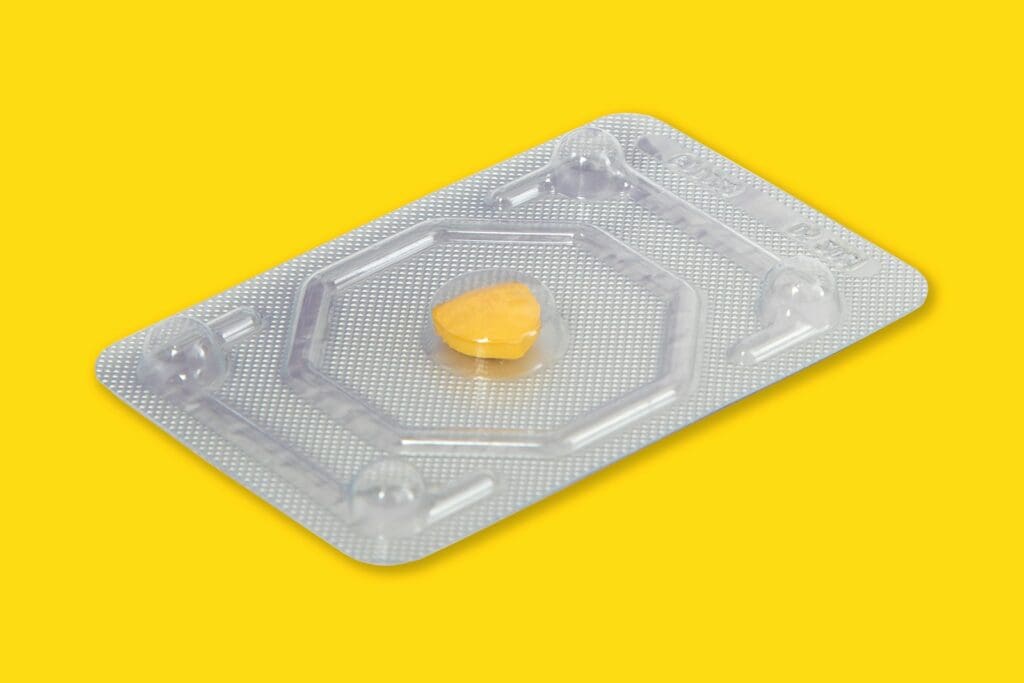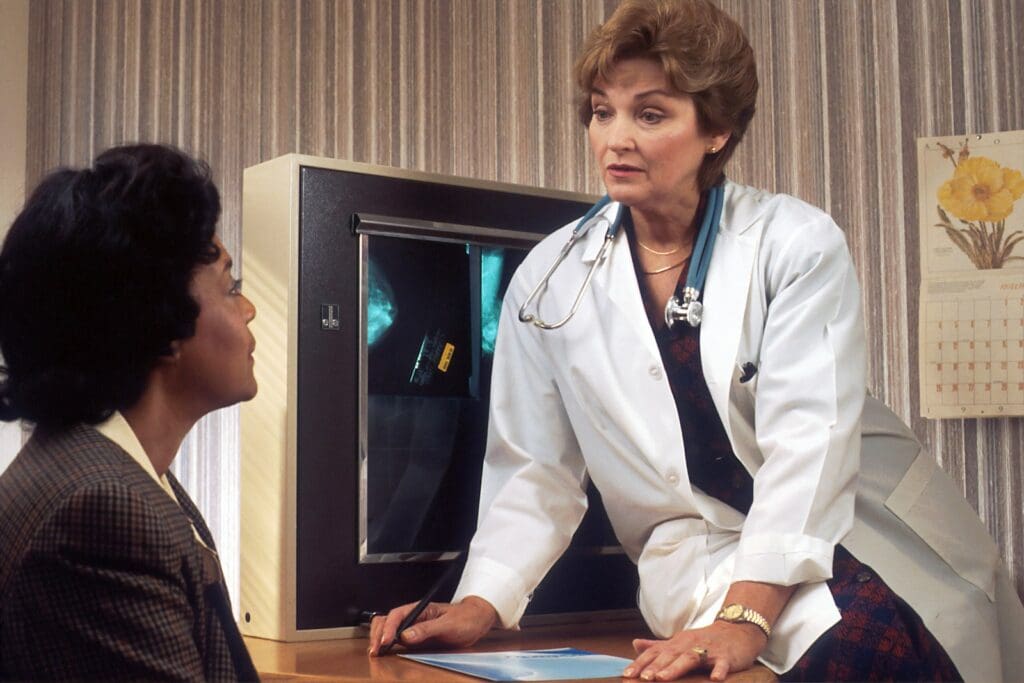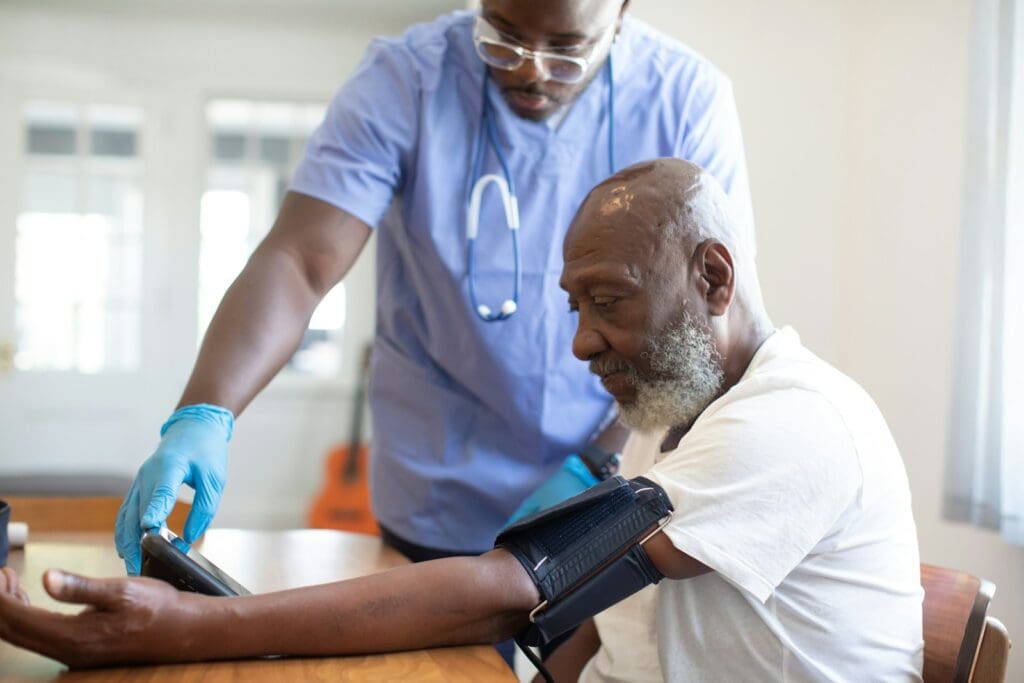It’s no secret that healthcare costs can add up fast, but there are plenty of ways to save money while still getting the care you need. These 20 tips will help you keep more cash in your pocket without sacrificing your health.
1. Stick to Your Insurance Network

Using doctors and hospitals in your insurance network means you’ll pay less. Going outside the network often costs way more, even for simple visits. Always double-check that your doctor or clinic is in-network before making an appointment.
2. Use Preventive Care Services

Preventive care like vaccines and health checkups are often free with insurance. These services can also help catch health concerns early, saving you money in the long run. Be sure to schedule your annual checkups and stay on top of your health.
3. Try Telehealth Visits

Talking to a doctor either online or on the phone is easy—and usually cheaper than an in-person visit. Many insurance plans cover telehealth with lower co-pays. It’s perfect for minor issues or follow-ups without having to leave home.
4. Choose Generic Medications

Generic drugs work just as well as brand-name ones, they just cost a lot less. Ask your doctor or pharmacist if there’s a generic version of your prescription. Switching to generics can save you a lot of money over time.
5. Shop Around for Medical Services

Prices for medical tests or procedures can be very different depending on where you go. Not everyone realizes that you can—and should—shop around to compare costs. A little research beforehand can help you save big money in the long run.
6. Ask for Cost Estimates

Before getting a medical procedure, ask how much it will cost. Knowing the price ahead of time helps you decide if it’s affordable, and how you’ll need to budget for it. It also helps you avoid any surprise bills later.
7. Check Your Medical Bills for Mistakes

You’d be surprised how often billing mistakes happen, and how much extra they could cost you. Carefully read through your medical bills and insurance paperwork. If something doesn’t seem right, call the billing office to ask about it. You can’t fix a problem that you don’t know exists.
8. Negotiate Your Medical Bills

If your bills are too high, ask if they can be lowered. Yes, this is possible. Many doctors and hospitals will offer discounts or payment plans. It never hurts to ask for a break on big expenses. The worst they can say is no.
9. Use HSAs or FSAs

Health Savings Accounts (HSAs) or Flexible Spending Accounts (FSAs) let you save money tax-free for medical costs. That might not sound like a big deal, but those savings can be significant. You can use them for things like co-pays, prescriptions, and deductibles. It’s a smart way to lower your overall healthcare costs.
10. Pick the Right Place for Care

If you don’t have an actual emergency, skip the ER and try an urgent care clinic instead. Urgent care is faster and much cheaper for things like minor injuries or illnesses. Save the ER for dire situations.
11. Take Advantage of Work Benefits

Does your job offer perks like free wellness programs, gym discounts, or onsite health clinics? These benefits can help you stay healthy and save a considerable amount of money. Check with your workplace to see what’s available.
12. Compare Prescription Prices

The cost of medications can vary a lot between pharmacies. Use apps like GoodRx to find the cheapest price near you. Don’t be afraid to ask your pharmacist about cheaper options. These things aren’t set in stone as much as you think they are.
13. Use Mail-Order Pharmacies

Mail-order pharmacies can send you a three-month supply of your prescriptions for less money. This is especially helpful for medicines you take regularly. Check to see if your insurance plan includes this option.
14. Ask for Free Samples or Coupons

Doctors often have free samples of medications, especially for new prescriptions. Drug companies also offer coupons or discounts for their medicines. There’s a good chance this could save you some money. Be sure to ask if any are available.
15. Stay Healthy with Good Habits

Eating right, exercising, and avoiding bad habits like smoking and overindulging on alcohol can prevent expensive health problems. Staying healthy means fewer doctor visits and lower costs. Plus, you’ll feel better every day. And honestly, you can’t put a price on that.
16. Learn About Your Insurance Plan

Take the time to understand your insurance plan’s details. Yes, it’s a lot of reading, but it really is worth your while. Find out what’s covered and how much you’ll pay out-of-pocket. Knowing this helps you avoid unexpected bills. Keep a copy of your plan handy for quick reference.
17. Combine Doctor Appointments

If you’re seeing a doctor, talk about all your health concerns in one visit. Yes, they probably seem very busy, but your care is their job. Going over multiple concerns in one visit saves you from paying for extra appointments. Make a list of questions ahead of time to cover everything.
Read More: 20 Best Medical Schools in the US
18. Join a Clinical Trial

Clinical trials often offer free or low-cost care as part of research studies. If you qualify, this can be a great way to save money. Ask your healthcare provider if they’re aware of any, and look for trials on trusted websites like ClinicalTrials.gov.
Read More: 10 Celebrities Who Died Due to Avoidable Medical Malpractice
19. Look for Financial Help

Many hospitals and charities have programs to help low-income patients with medical bills. These programs can significantly cut your costs, or even cover them completely. Ask the billing office about any options that could be right for you.
Read More: 30 Countries With Great Healthcare Systems
20. Keep Your Medical Records Organized

Having an organized record of your treatments, prescriptions, and bills can help you avoid duplicate tests or procedures. Again, it seems like someone else would keep tabs on this, but you’d be surprised how often mistakes and oversights happen. Organized records make it easier to spot mistakes. Keeping track of everything can save you money and time.
Read More: 10 Ways to Save Money on Healthcare Costs








